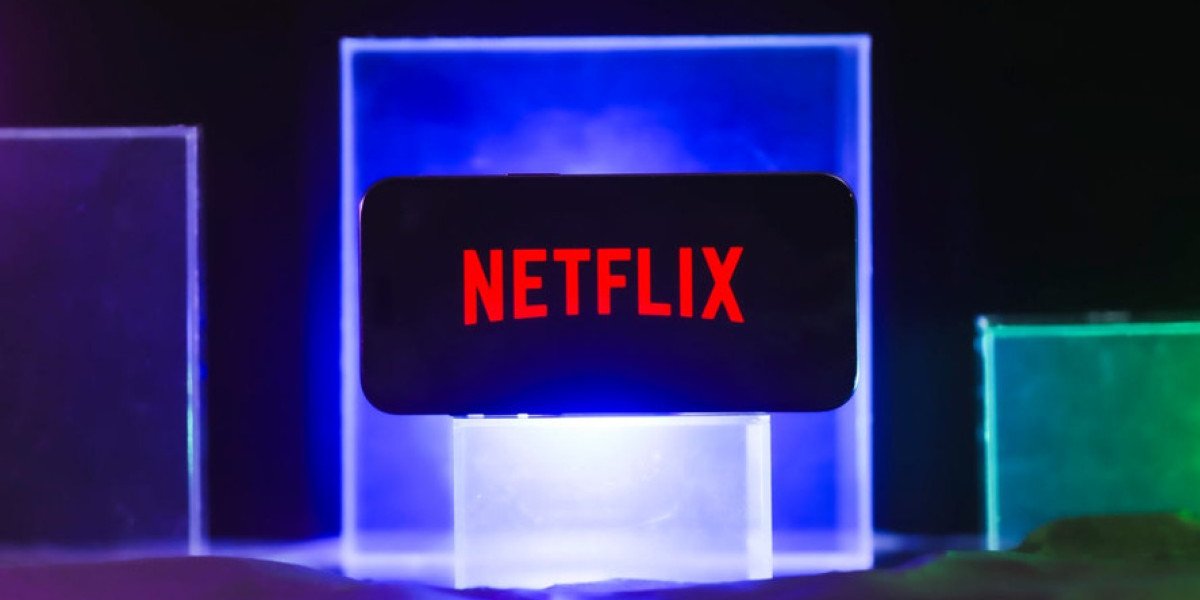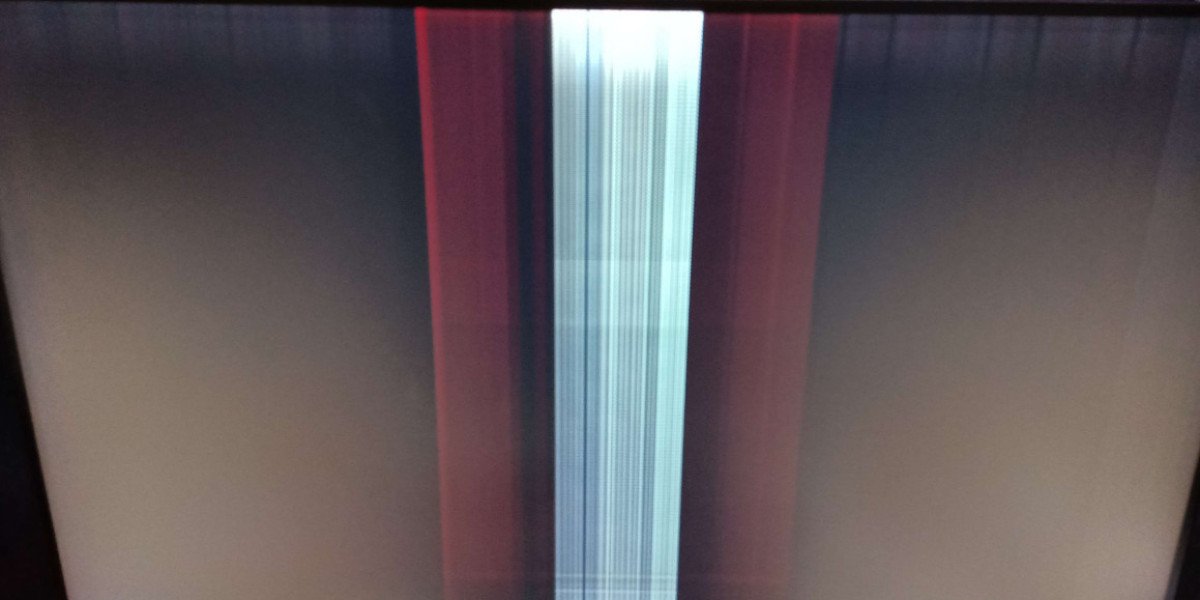Since its relaunch in 2019, World of Warcraft Classic has reignited the passion of longtime fans by bringing back the original experience of Azeroth. At the heart of this nostalgic world lies one of the game’s most powerful and enduring resources: gold.To get more news about Buy WoW Gold Classic, you can visit lootwowgold.com official website.
In WoW Classic, gold is more than just a currency—it represents power, progress, and prestige. Unlike the more inflated and accessible economies of later expansions, Classic’s gold system is rigid, strategic, and deeply player-driven. Whether you're a raider, PvPer, or casual adventurer, mastering the economy of gold is crucial to thriving in Azeroth.
Why Gold Matters
In WoW Classic, gold underpins nearly every meaningful in-game activity. Players use gold to:
Buy mounts and training skills (especially the 1000g epic mount at level 60),
Purchase rare items, potions, and gear from the Auction House (AH),
Repair equipment after dungeon or raid wipes,
Support raid materials like flasks, food buffs, or spell reagents,
Invest in professions like Blacksmithing, Engineering, or Tailoring.
Because of this, having gold isn’t simply convenient—it’s essential for participating in high-level content or securing an edge over the competition.
The Many Ways to Farm Gold
The methods of accumulating gold in WoW Classic demand time, planning, and in many cases, ingenuity. Here are a few of the most popular ways players farm gold:
Gathering Professions: Herbalism, Mining, and Skinning are key money-makers. Herbs like Black Lotus or ores like Thorium fetch high prices on the Auction House.
Dungeon Farming: Classes like Mages often run solo AoE dungeons (e.g., Zul'Farrak, Maraudon) to grind mobs and loot valuable items.
Flipping on the Auction House: Economically savvy players scan the AH for underpriced goods and resell them for profit.
Crafting Consumables: Alchemists and Cooks can sell powerful raid consumables, such as Flask of the Titans or Grilled Squid, for good margins.
Daily Farming Spots: Zones like Eastern Plaguelands or Tyr's Hand are hotbeds for mob grinding and loot farming.
The real appeal lies in experimentation—finding what works best for your server's economy and your class.
Player-Driven Economy and Social Impacts
Unlike retail WoW, Classic features limited gold sinks. This means once gold enters the economy, it circulates constantly, often accumulating among those who play the Auction House or monopolize scarce items. This dynamic creates a player-driven economy with visible disparities between the “rich” and “poor.”
Guilds may sponsor the gearing and training of core raiders, while casual players might struggle to afford a mount. This economic inequality adds realism and even social strategy to gameplay—some players are valued not only for their DPS but for their financial contributions.
The Ethics and Risks of Buying Gold
With gold holding so much influence, the temptation for some players to purchase it with real-world money becomes significant. This practice is not only against Blizzard’s terms of service, but it also harms the integrity of the Classic economy.
Gold buying often funds third-party botting operations, which exploit the game and degrade player experience. Blizzard combats this with periodic bans and economy resets, but the temptation and risks persist.
Final Thoughts: Gold as a Gameplay Pillar
In the world of WoW Classic, gold is more than glitter. It's a central gameplay mechanic that enhances immersion, fuels ambition, and drives social interaction. Every piece of copper earned through questing, gathering, or trading is a step toward independence and dominance in Azeroth’s old-school world.
Mastering gold management doesn’t just help you level up—it transforms how you play the game. Whether you're a lone farmer or a guild banker, gold represents your ability to navigate not just battlefields but marketplaces, politics, and the very culture of Classic WoW.







